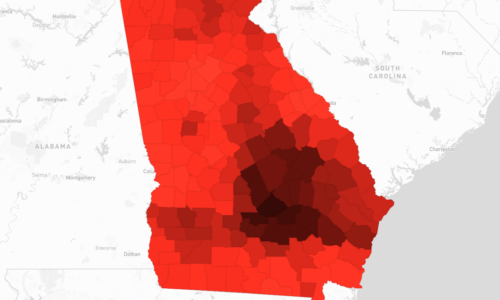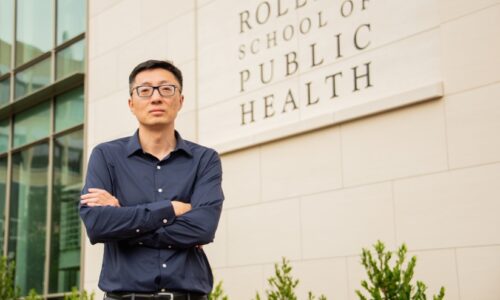CHART External Advisory Board Members

Patrick Kinney
Beverly A. Brown Professor of Urban Health , Boston University
Patrick Kinney, ScD, is the Beverly A. Brown Professor of Urban Health at Boston University School of Public Health. His research interests include exposure assessment, indoor and outdoor air pollution epidemiology, climate risk factors on health such as heat exposure, and the health benefits of carbon emission reduction strategies in cities, including those related to greenspace and non-motorized transport infrastructure in both domestic and international settings. He was the lead author of IPCC AR5 Chapter 26: North America and is a current member of US EPA’s Board of Scientific Counselors Air, Climate and Energy Committee. He was the founding director of the Climate and Health Program at Columbia University’s Mailman School of Public Health, where he also served as the principal investigator of a NIEHS T32 training grant in climate and health. Currently, Kinney co-directs the Urban Climate Initiative at Boston University.
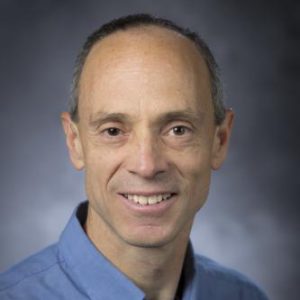
Drew Shindell
Nicholas Distinguished Professor of Earth Science, Duke University
Drew Shindell, PhD, is the Nicholas Distinguished Professor of Earth Science at Duke University. Shindell’s research focuses on global climate change, climate variability, air quality, and the interactions of these with human society. He chaired the 2011 UNEP/WMO Integrated Assessment of Black Carbon and Tropospheric Ozone, and was a coordinating lead author on the 2013 Fifth Assessment Report of the IPCC and on the 2018 IPCC Special Report on 1.5°C. He is an elected fellow of the American Geophysical Union and a member of US EPA’s Science Advisory Board.
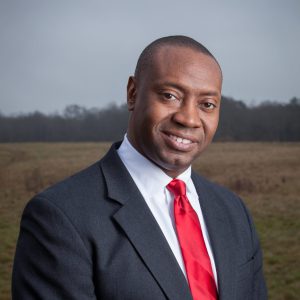
Marshall Shepherd
Georgia Athletic Association Distinguished Professor, University of Georgia
Marshall Shepherd, PhD, is the Georgia Athletic Association Distinguished Professor of Geography and Atmospheric Sciences at the University of Georgia. His research focuses primarily on hydrometeorological extremes, urban climate, and the intersections of atmospheric sciences with society. He uses remote sensing, weather-climate modeling, and risk-vulnerability approaches to address challenges such as heat, urban flooding, energy-food-water nexus, weather-climate risk, and communication-warnings. He is a member of the National Academy of Engineering, the National Academy of Sciences, and the American Academy of Arts and Sciences. Shepherd was the 2013 president of the American Meteorological Society, the nation’s largest and oldest professional/science society in the natural and related sciences. He is also an expert in science communication and the host of The Weather Channel’s award-winning Sunday talk show Weather Geeks, a pioneering Sunday talk show on national television dedicated to science.

Armistead (Ted) Russell
Howard T. Tellepsen Chair, Georgia Institute of Technology
Armistead Russell, PhD, is the Howard T. Tellepsen Chair and Regents Professor of Civil and Environmental Engineering at Georgia Institute of Technology. Russell’s research is aimed at approaches to improve air quality and health, develop novel technologies to remove pollutants – including carbon dioxide – from emissions, and develop advanced modeling methods to tackle environmental problems. Through this work, he has collaborated extensively with environmental health faculty at Rollins. Russell was a member of the EPA’s Clean Air Science Advisory Committee (CASAC) and a member of the National Research Council’s Board on Environmental Studies and Toxicology, and he continues to serve on associated committees. He chaired EPA’s CASAC NOx-SOx, Secondary NAAQS review panel, the Ambient Air Monitoring Methods Subcommittee, and the Council on Clean Air Compliance Analysis’ Air Quality Modeling Subcommittee and was on the Health Effects Institute’s Report Review Committee.
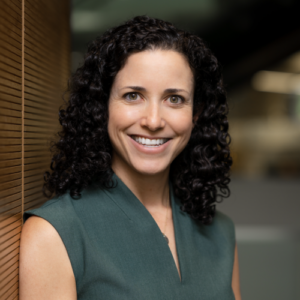
Susan Anenberg
Professor and Chair Milken Institute School of Public Health
About
CHART EAB members:
- represent the diverse areas of expertise in climate change and health,
- provide a strong foundation of climate and atmospheric sciences and science translation,
- and have extensive experiences in managing research programs.


